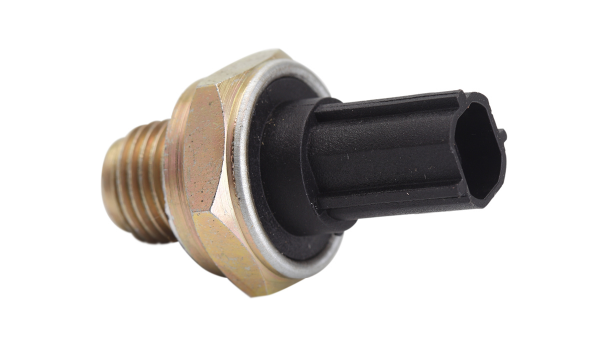
Earlier this month, Valeo confirmed the acquisition of peiker, a Germany-based supplier of on-board telematics and mobile connectivity solutions, having received authorisation from the relevant anti-trust authorities. The company had formally announced the acquisition in December 2015. The acquisition of peiker, which is expected to report sales of around EUR325 million (USD376.8 million) for 2015, will have a positive impact on Valeo's results starting in 2016, the company said.
The acquisition comes amid a busy period for mergers, acquisitions and divestments in the industry. The last 18 months have seen a number of deals, including ZF Friedrichshafen complete a deal for auto safety systems supplier TRW Automotive and Magna complete its acquisition of transmission manufacturer Getrag. Last September, Grupo Antolin has also closed its USD535 million deal for Magna’s interiors businesses. With this purchase, Grupo Antolin’s sales will double to more than EUR4 billion (USD4.4 billion).
According to Valeo, peiker's portfolio of technologies, products and services will perfectly align with Valeo’s efforts on developing autonomous, connected and intuitive technologies for cars. The acquisition will help the company offer cars that are more energy efficient and safer using peiker’s telematics systems equipped with high-speed connectivity and cybersecurity. Valeo had signed a technological co-operation agreement with peiker for connectivity solutions in February last year to broaden its range of automotive geolocation and mobile connectivity solutions.
Suppliers are becoming more focused on their core businesses and shedding those units not seen as part of that strategy. Delphi’s sale of its thermal unit to MAHLE in February of last year was part of a strategy that focuses on higher margin technology products supporting fuel efficiency, infotainment systems and autonomous driving. The company has slimmed down its business lines from over 100 products to just 33, as a result of systematically looking at each product and making a decision whether to continue, close or sell the business based on performance.
Valeo has been developing a wide range of technology systems using ultrasonic sensors, radars, cameras, laser scanners, head-up displays (HUDs) and software to achieve its vision of autonomous driving. In 2014, Valeo invested about 10% of its revenues (USD15.4 billion, 31 December 2014) in research and development (R&D).








